Incantations cannot cure toothaches or health issues. Toothache is a common symptom that arises from dental problems such as tooth decay, inflammation, or fractures. To alleviate toothache and address the underlying dental issue, it is advisable to seek professional advice from a dentist.
Some traditional or spiritual methods to relieve pain
However, if you are interested in traditional or spiritual methods to relieve pain, you can consider the following measures:
- Pain relievers: Use pain medication as instructed by a doctor to temporarily alleviate the symptoms of pain.
- Warm saltwater rinse: Gargle with warm saltwater to reduce inflammation and temporarily alleviate pain.
- Cold compress: Apply an ice pack or cold compress to the affected area for about 15 minutes to reduce swelling and numb the pain.
- Focus on breathing: Practice deep breathing techniques and focus on your breath to reduce tension and alleviate pain.
- Relaxation techniques: Utilize relaxation methods such as yoga, tai chi, or meditation to reduce pain and relieve tension in the body.
However, it is important to note that these measures are only temporary supportive measures and should not replace professional dental examination and treatment by a dentist.
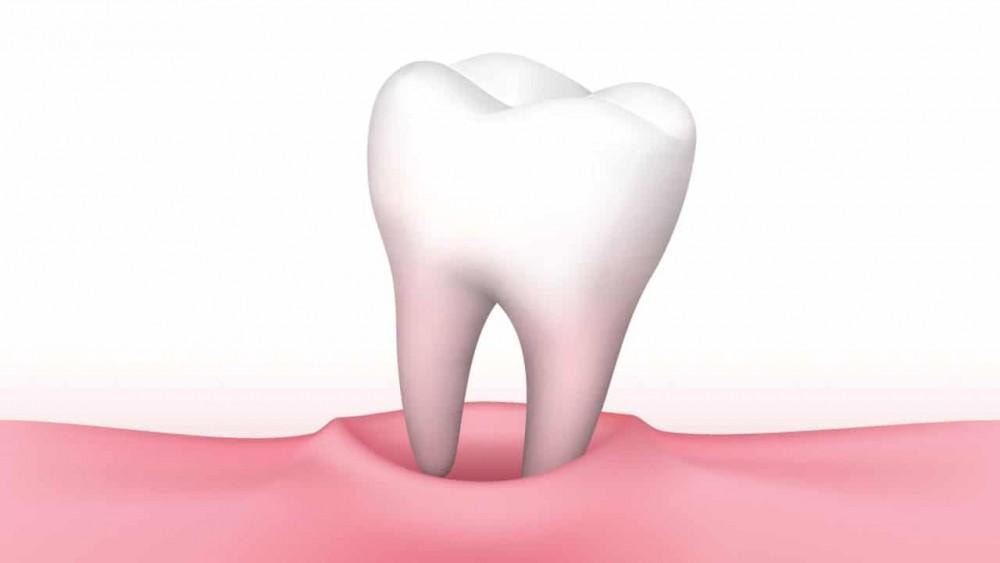
Why do teeth hurt?
Tooth pain can be caused by various factors. One of the most common causes is inflammation or infection in the mouth. Bacteria in the mouth can cause damage and infection if they accumulate and form plaque on the teeth and gums. Bacteria can invade the gum tissue and cause gum infection (known as gingivitis) or penetrate deeper into the core of the tooth (known as pulpitis or tooth pulp inflammation).
Furthermore, other causes of tooth pain can include tooth decay, tooth fractures, missing parts of a tooth, trauma or cracked teeth. Tooth pain can also originate from issues unrelated directly to the teeth, such as diseases of neighboring structures like an infected salivary gland or an inflamed sinus.
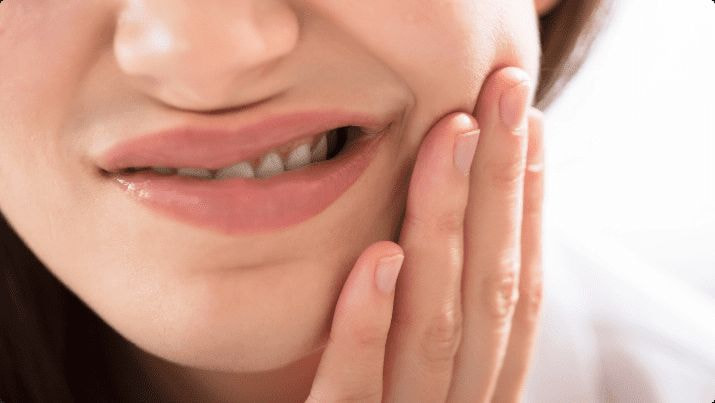
What should patients do to temporarily relieve tooth pain?
If you have tooth pain, there are several temporary measures you can take to relieve the pain until you can receive care from a dentist or a maxillofacial surgeon:
- Rinse with warm saltwater: Dissolve a teaspoon of salt in a glass of warm water, then rinse your mouth with this solution for about 30 seconds. Saltwater has a cleansing and soothing effect on the painful area.
- Use over-the-counter pain relievers: You can use non-prescription medications such as ibuprofen or acetaminophen to temporarily relieve pain. However, follow the manufacturer’s instructions and avoid overdosing.
- Apply cold compress: Apply an ice pack or a wrapped ice pack on a thin towel to the painful area for about 15 minutes to reduce swelling and alleviate pain.
- Avoid chewing on the affected area: Limit chewing activity or modify your food preparation to avoid direct impact on the painful tooth.
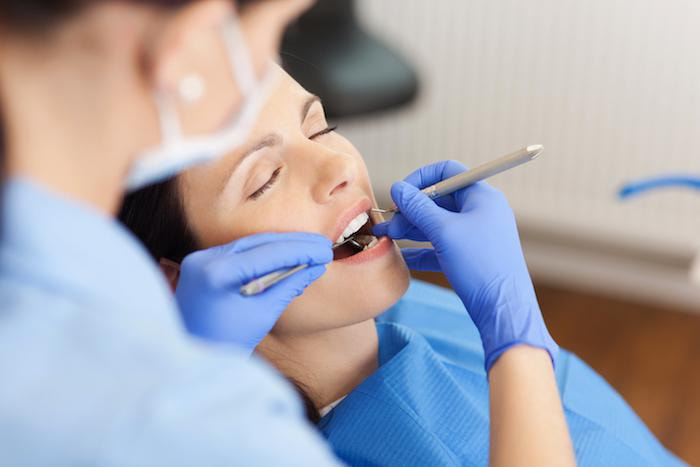
Is immediate treatment necessary for tooth pain?
The need for immediate treatment for tooth pain depends on the underlying cause and the severity of the pain. If the tooth pain is temporary and not excessively severe, you can try the temporary measures mentioned above and monitor your condition.
However, in some cases, prompt treatment for tooth pain is necessary. For example, if you experience severe and debilitating tooth pain or if you have symptoms such as swelling, high fever, or signs of infection (such as bad breath, pus), you should seek immediate medical assistance.
Should one visit a dentist or a maxillofacial surgeon when experiencing tooth pain?
When you have tooth pain, it is necessary to visit a dentist or a maxillofacial surgeon to determine the cause of the pain and proceed with appropriate treatment. The specialist will perform a clinical examination and evaluate the condition of your oral health.
Through the examination, the dentist or maxillofacial surgeon can identify the underlying cause of the pain and propose the appropriate treatment approach. This may include plaque removal, treatment of infection, treatment of tooth decay, repairing fractured teeth, or providing guidance on other treatment procedures.
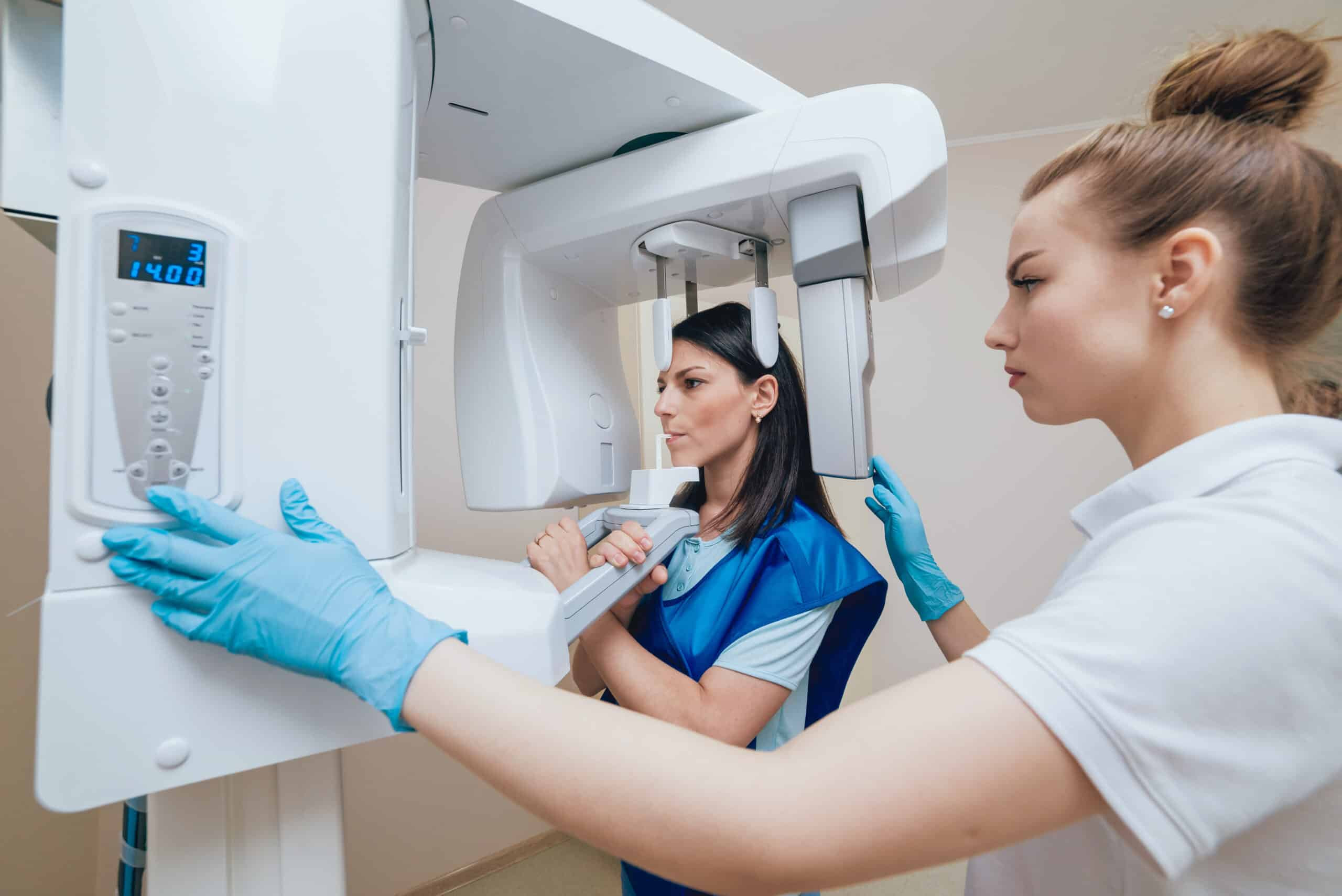
Do patients need to undergo any tests or X-rays when experiencing tooth pain?
There are exceptions when patients may need to undergo tests or dental X-rays when experiencing tooth pain. Typically, dental X-rays are performed when the dentist or maxillofacial surgeon suspects internal tooth damage or needs to determine the specific tooth structure.
Furthermore, if the tooth pain persists, does not improve after a significant period, or if there are additional symptoms such as swelling, infection, or general health concerns, the dentist or maxillofacial surgeon may request further tests to assess your condition and determine the appropriate treatment method.
However, the decision to perform tests or X-rays will depend on the evaluation by the dental professional and the specific condition of the patient.
Do cavities require drilling?
The treatment for cavities typically involves removing the decayed portion of the tooth and restoring it with a filling material. In most cases, this process requires the use of a dental drill to remove the decayed area and shape the tooth for the filling. The drill helps in the precise removal of decayed tissue and prepares the tooth surface for the filling material to adhere properly. However, the extent of drilling needed depends on the size and severity of the cavity. In some cases, less invasive techniques like air abrasion or laser therapy may be used as an alternative to drilling, but these methods are not suitable for all types of cavities.
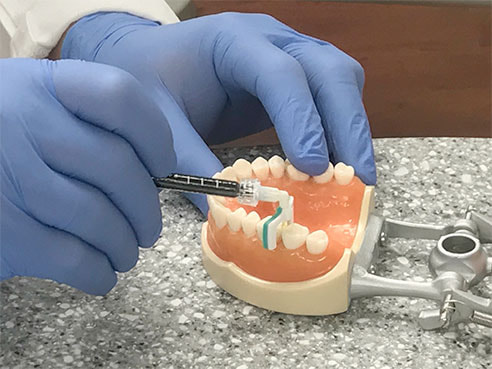
Is it advisable to use painkillers for toothaches? Which pain reliever is the best?
Using painkillers can help alleviate toothache temporarily until you can seek professional dental care. Non-prescription pain relievers such as ibuprofen or acetaminophen can be effective in reducing tooth pain. Ibuprofen is an anti-inflammatory medication that can help reduce swelling and relieve pain. Acetaminophen is an analgesic that can provide pain relief. However, it is important to follow the manufacturer’s instructions and recommended dosage. It is always best to consult with a dentist or healthcare professional before taking any medication for toothaches.
Is it possible to self-treat cavities at home?
While there are temporary measures you can take at home to alleviate tooth pain, self-treating cavities is not recommended. Cavities require professional dental treatment to remove the decayed portion and prevent further damage. Without proper treatment, cavities can progress and lead to complications such as tooth infection or abscess. Home remedies or over-the-counter products cannot eliminate the decayed tissue or restore the tooth structure. It is crucial to visit a dentist for appropriate diagnosis and treatment of cavities.
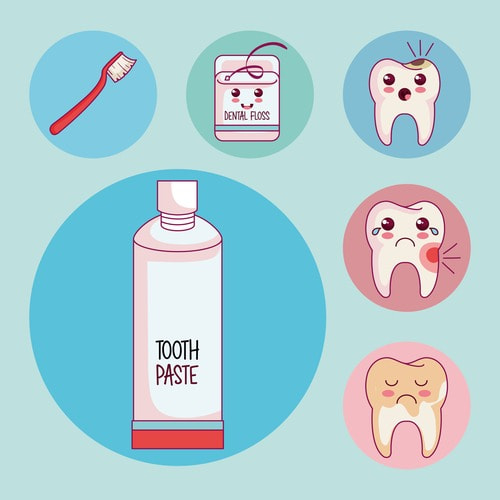
What is the procedure for treating cavities?
The procedure for treating cavities involves several steps:
- Examination and diagnosis: The dentist will examine the affected tooth, possibly using dental X-rays to determine the extent of the cavity.
- Anesthesia: Local anesthesia may be administered to numb the area around the tooth and ensure a comfortable treatment experience.
- Removal of decay: The dentist will use a dental drill or alternative techniques to remove the decayed part of the tooth, creating a clean cavity preparation.
- Filling placement: Once the decay is removed, the dentist will fill the cavity with a suitable filling material such as composite resin, amalgam, or porcelain.
- Shaping and polishing: The dentist will shape the filling material to fit the natural contours of the tooth and polish it to ensure a smooth finish.
- Bite adjustment: The dentist will check and adjust your bite to ensure proper alignment and function.
- Oral care instructions: The dentist will provide instructions on oral hygiene practices and recommend regular check-ups to maintain the health of the restored tooth.
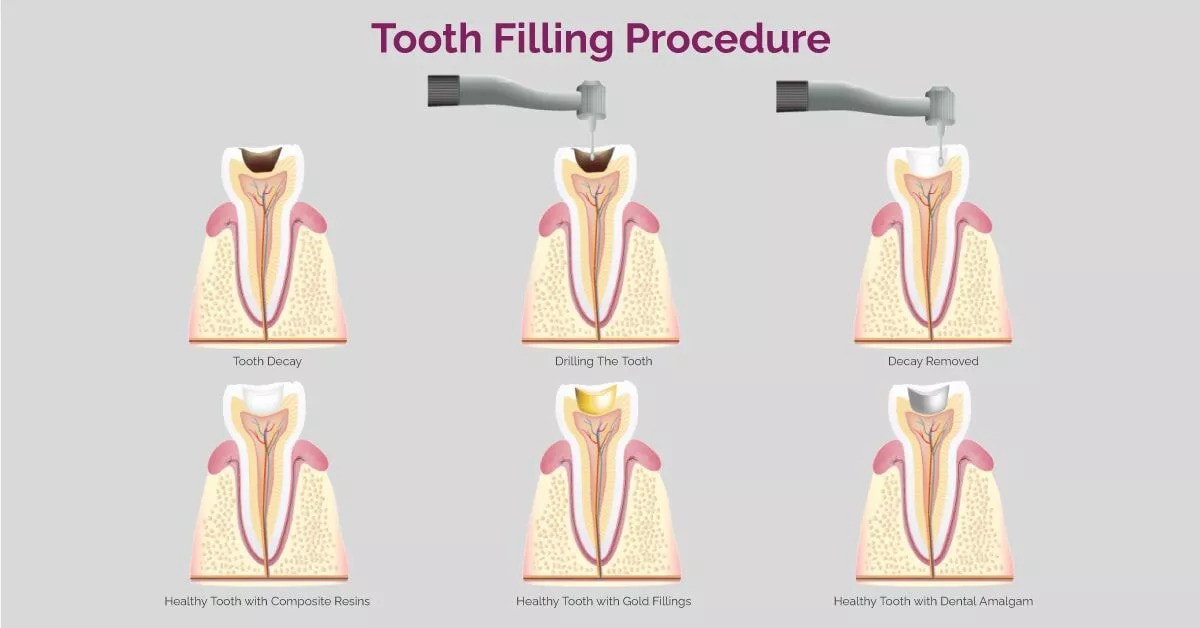
How can toothaches be prevented in the future?
To prevent toothaches in the future, it is essential to maintain good oral hygiene practices. This includes:
- Brushing teeth twice a day with fluoride toothpaste.
- Flossing daily to remove plaque and food particles from between the teeth.
- Eating a balanced diet, limiting sugary and acidic foods and beverages.
- Avoiding tobacco products and excessive alcohol consumption.
- Regular dental check-ups and professional cleanings to detect and address any early signs of cavities or dental issues.
- Using fluoride mouthwash or dental treatments as recommended by the dentist.
By practicing good oral hygiene and seeking regular dental care, you can significantly reduce the risk of toothaches and maintain optimal oral health.



SAIGON CENTER DENTAL CLINIC
Best dentist in Vietnam
Saigon Center Dental Clinic is proud to be one of the most prestigious dental clinics in Ho Chi Minh City with a variety of services: Single dental implant, Full jaw dental implant (especially All On 4, All on 6, and Zygoma Implant), Cosmetic porcelain crowns, Porcelain veneers, Braces, Clear braces, Tooth fillings, Wisdom tooth extraction, Treatment of toothache...
SAIGON DENTAL IMPLANTS CENTER
Best dentist in Vietnam
Saigon Implant Center - Dental Clinic utilizes the latest technology for specialized treatment in the field of Single implant, full jaw implants, All on 4 implants, All on 6 implants, Zygoma implant....